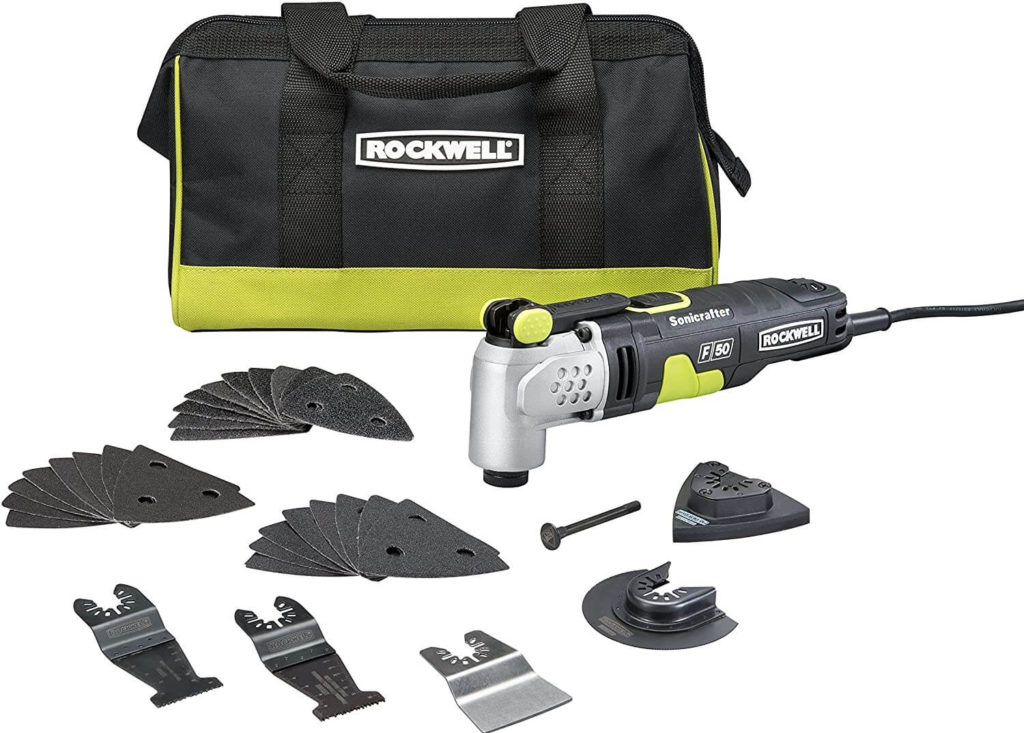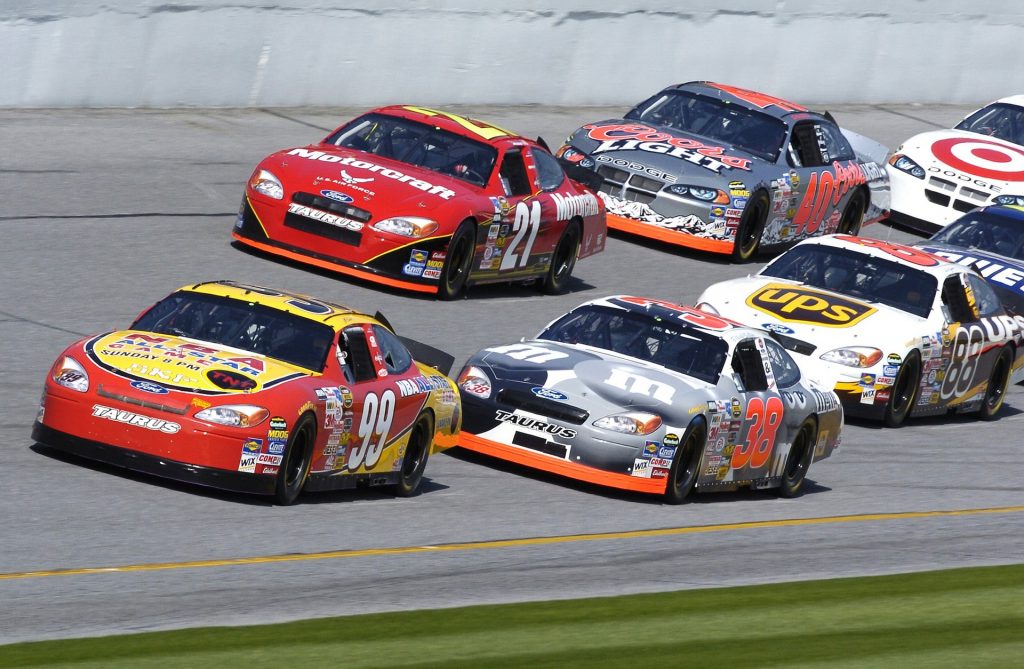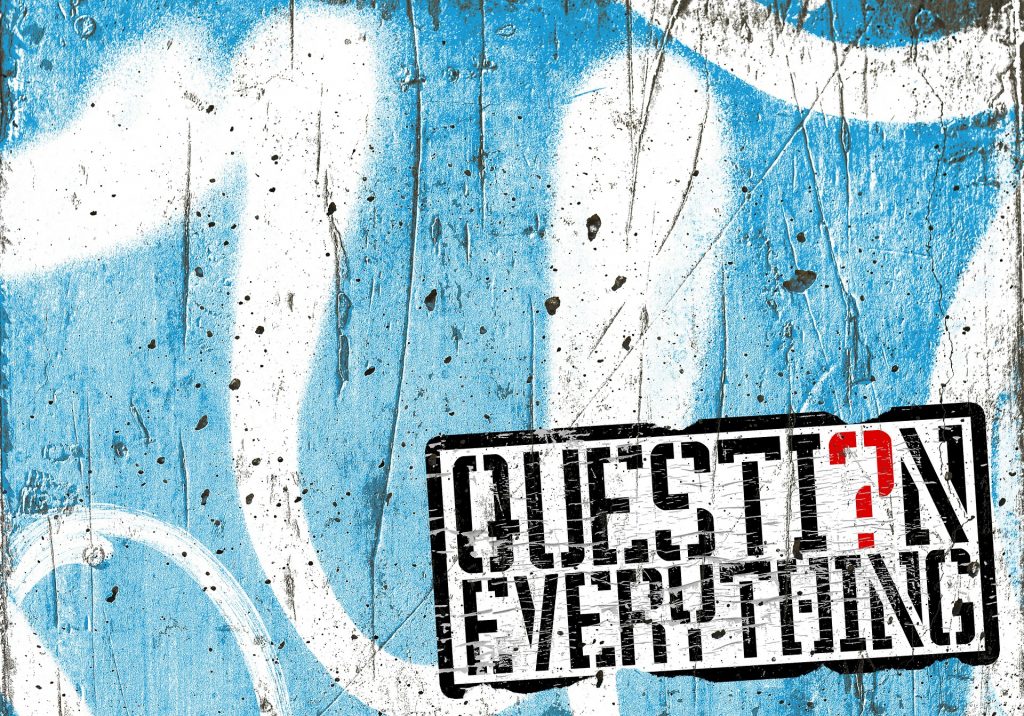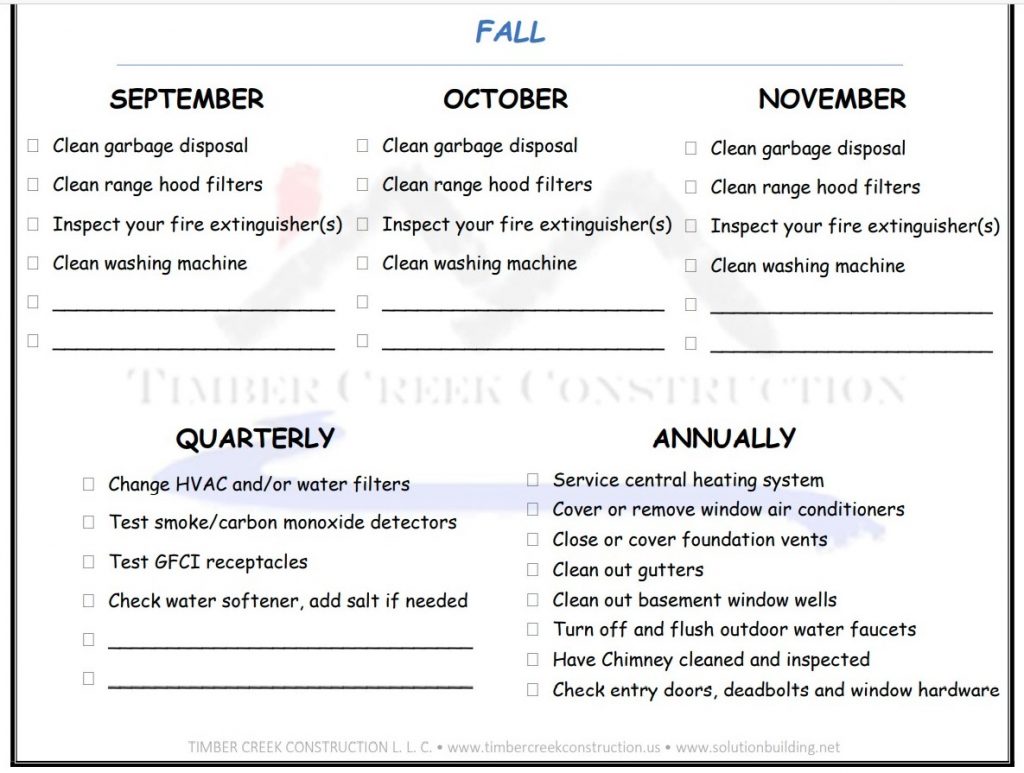Lack of Clarity About This Comes with a High Price Tag
Most of us have heard the story about the rich man unwilling to sell his possessions and give the money to the poor. Mark 10:17-27 This story often leads people to a misunderstanding of what God is asking of us. It’s not that God is against us being wealthy.
It’s about what’s most important to us.
This man’s focus was on his worldly wealth, not God. He had kept all the rules and regulations. But Jesus knew where his heart was. That’s why He tested him with this.
There are plenty of examples of wealthy people doing God’s work that aren’t asked to give up their worldly possessions.
It’s about where our focus is. Is it on the world or God?

Having spent our lives in the world it only makes sense that the world would be our point of reference.
Being rich is so much more than just monetary. Rich is also having a high value or quality. Being well supplied or endowed. This sounds a lot like something God would want us to have and would give us. He has given each of us a high value and qualities. It’s up to us to be focused and spend them wisely.
Having possessions isn’t limited to worldly possessions. Possessions are things possessed. We have been given so much more than just worldly things. We can possess skills, abilities, talents, insight, understanding, thoughts, ideas, etc. It’s our responsibility to use these possessions in the way the Giver intended.
The cost to being unclear about what we should be focused on first and foremost is expensive…just ask the rich young ruler.
We live in a time where we have more things clamoring for our attention than any other time in history. So many of these noisy things just pull our focus away from what’s matters most.
Like talking pants.
Everybody needs pants that tell them when they aren’t zipped up. Right? How novel. It is easy to be pulled away from the things most important. Don’t get me wrong…there are a lot of really fun and interesting gadgets and gizmos out there, and there’s nothing wrong with gadgets and gizmos. We just need to be clear about what our focus is on.
We can choose where our focus will be.
What will you focus on?












































